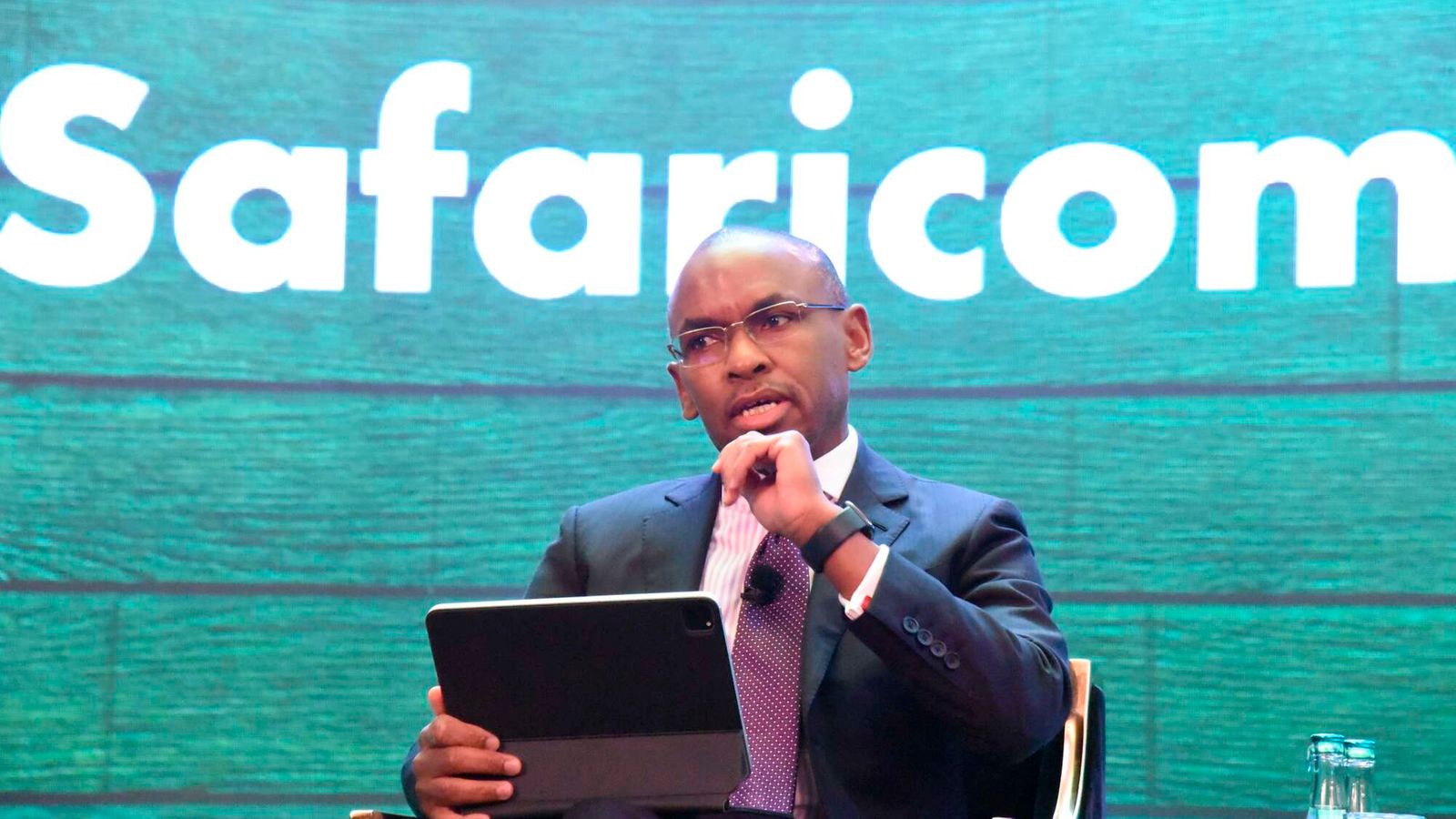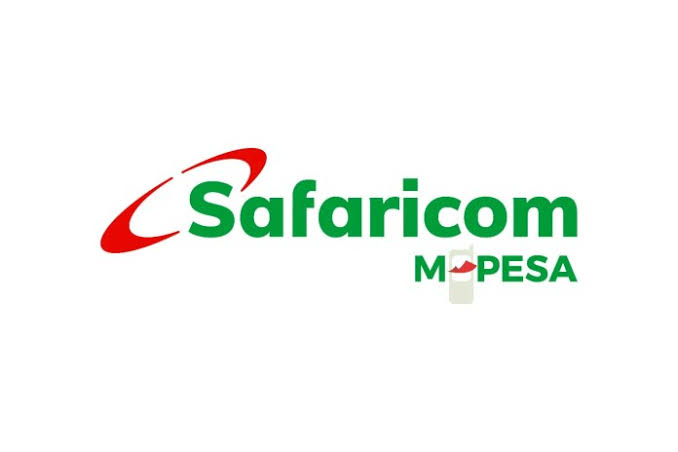The ongoing discussion about the possible division of Safaricom’s mobile money services platform, M-Pesa, has drawn interest from investors, regulators, and regular users.
Peter Ndegwa, the CEO of Safaricom, must strike a careful balance as the National Treasury and the Central Bank of Kenya (CBK) press for a split.
The company’s position on separating its mobile money services platform, M-Pesa, from its core activities was made clear by Peter Ndegwa in a recent interview.
Read also: Safaricom, Onafriq to streamline money transfers in Ethiopia
Safaricom is still wary of a possible separation despite pressure from the National Treasury and the Central Bank of Kenya (CBK).
The CBK, which presently oversees M-Pesa, has been a supporter of separating the mobile money services industry from the telecommunications industry. Improving monitoring and guaranteeing improved governance are the objectives. Safaricom isn’t persuaded, even though other telecom companies, like Airtel Africa Plc and MTN Group in South Africa, have already divided their mobile money services.
Safaricom CEO remarks
To benefit investors or customers, Peter Ndegwa stressed that any decision to separate M-Pesa will be taken proactively. He said, “If we do it, we will do it because we want to do it proactively, and it serves a purpose for either investors or customers.” Considering the past experiences of MTN and Airtel, Safaricom does not believe there is a compelling rationale for a split. After the split, the valuations of these companies did not always rise, and Safaricom did not need more funding.
One major obstacle is the possible Ksh75 million tax liability linked to the split. Safaricom has indicated it would reorganise internally, establishing a new holding company with mobile money and telecom services under one roof. Currently, the two don’t have formal structures and function independently.
Safaricom’s board: The Direction of Travel
While the National Treasury and the CBK are still in communication with Safaricom’s board, the tax issue is anticipated to be resolved by the Finance Bill 2024. It’s still unclear whether these changes would cause Safaricom to separate. According to Peter Ndegwa, any action will be considered if it benefits investors or customers. There isn’t any immediate push to end M-Pesa right now.
Read also: Kenyan authorities initiate crackdown on unlicensed lenders
M-Pesa has become essential to Kenya’s financial environment, serving Kenyans with millions of daily transactions. Millions of people, from small companies to rural homes, depend on its smooth transactions, frequently heralded as a financial revolution. However, as the platform’s impact increases, so do the challenges of overseeing it inside Safaricom’s more extensive business operations. Kenyans used the platform to transact a whopping Ksh40.2 trillion (about $306.89 billion) last year alone. Considering M-Pesa’s prominent role in the nation’s economy, any disturbance might have extensive consequences.
















